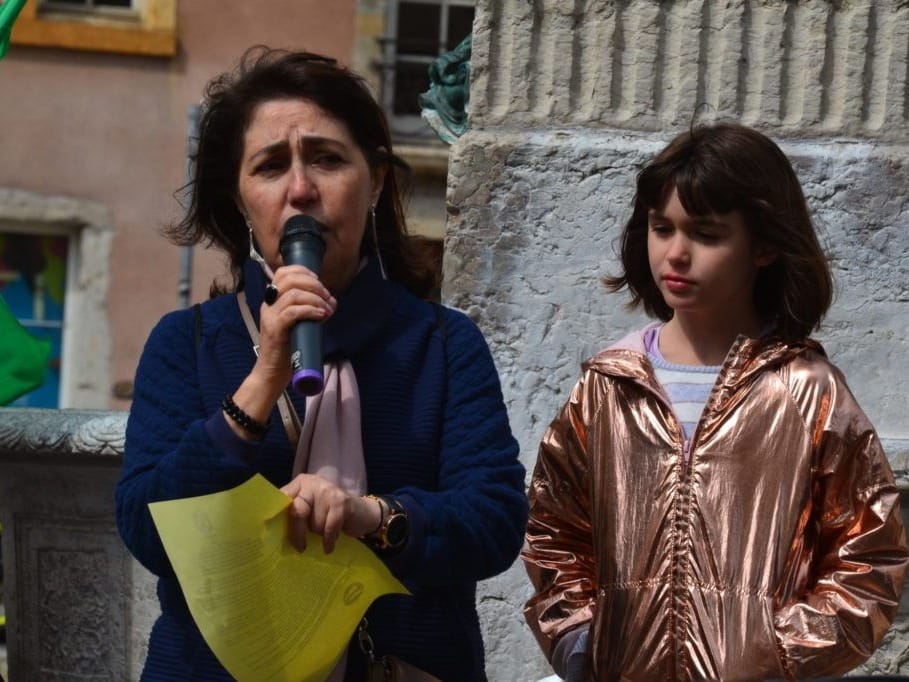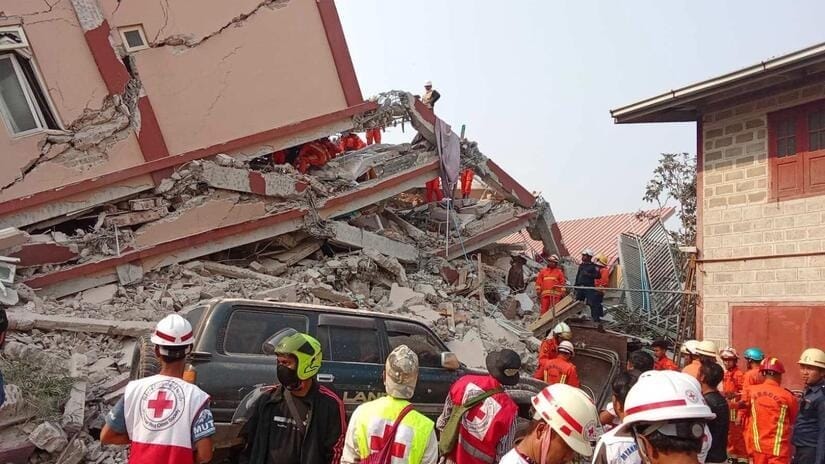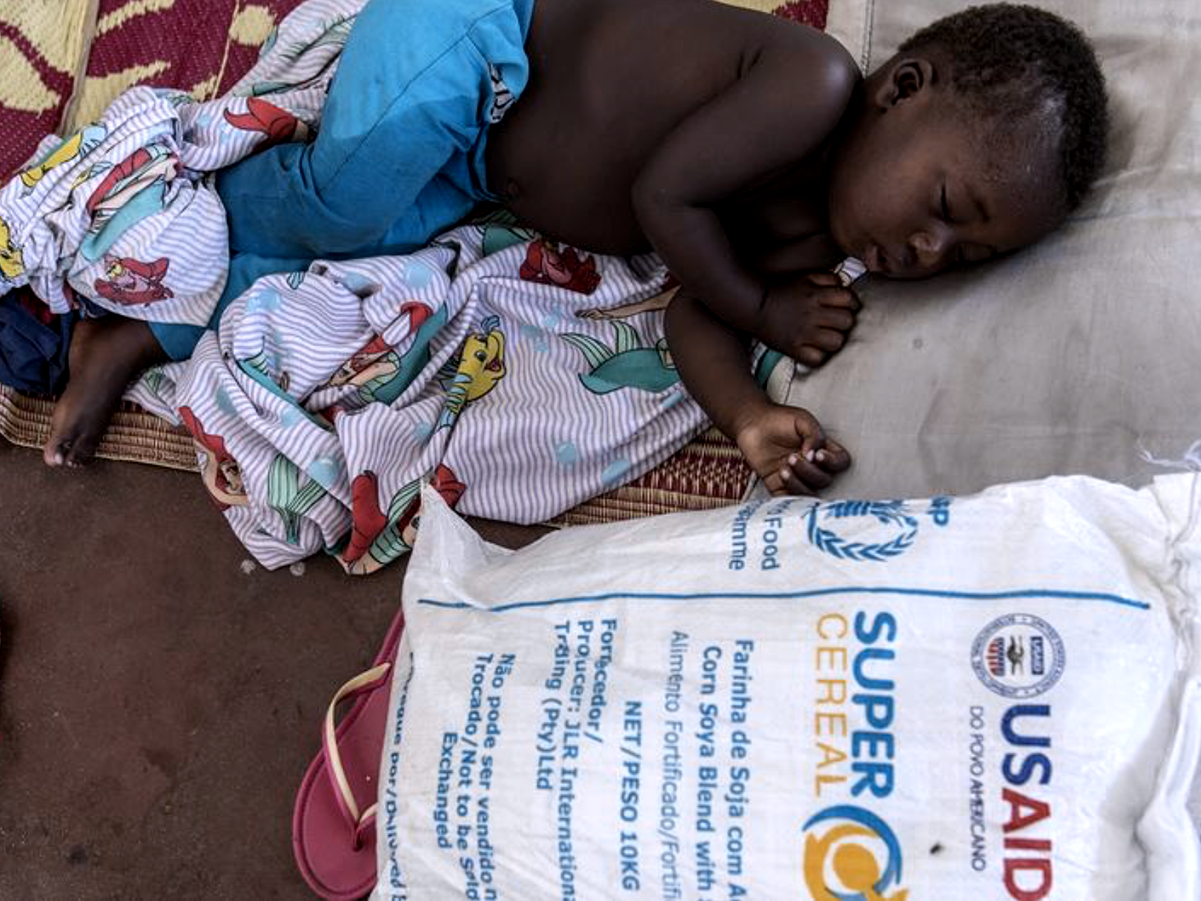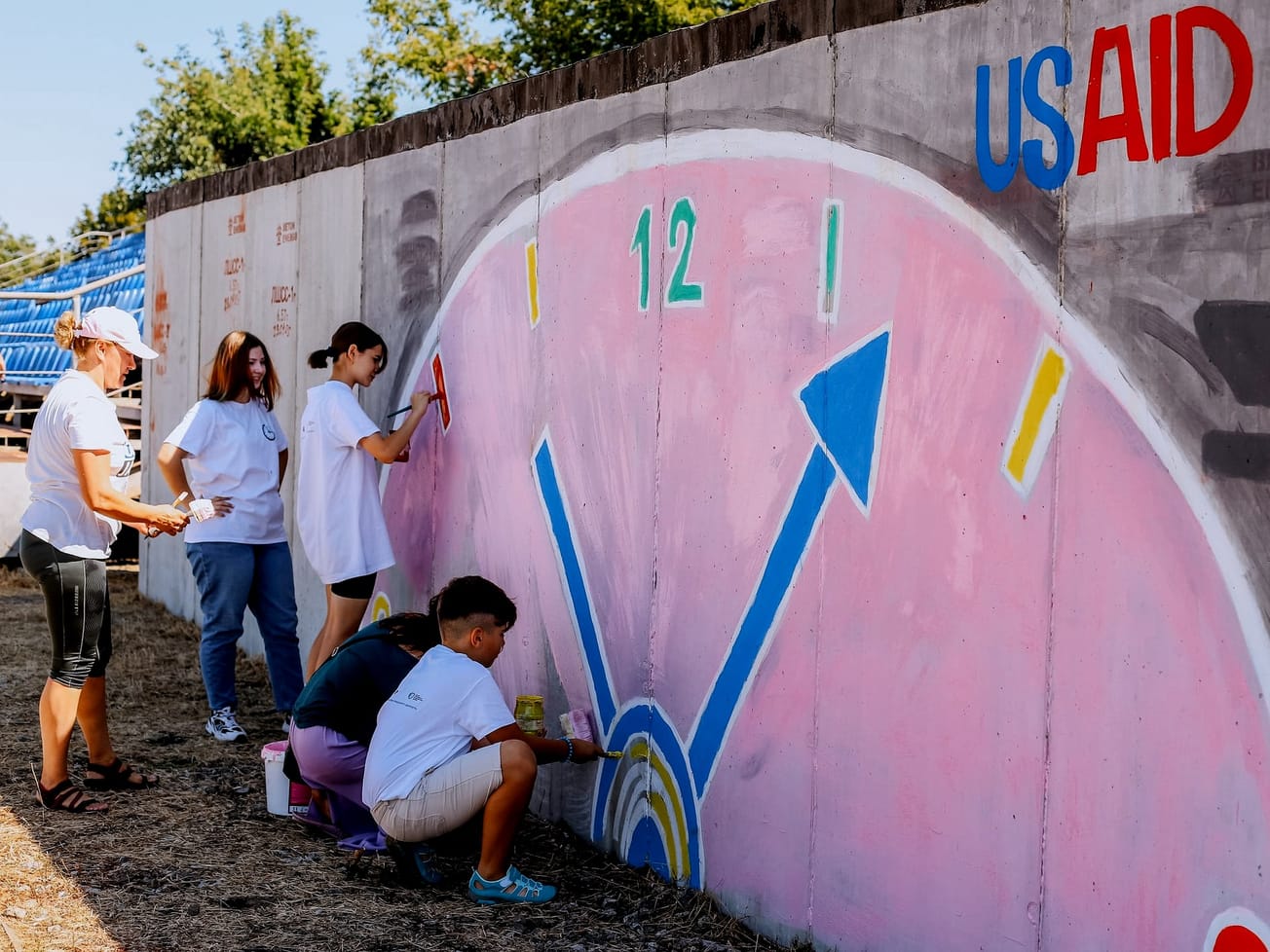U.N. Secretary-General António Guterres expressed grave concern over the fighting in northeast Syria and called for "maximum restraint" as Turkey’s military advanced on former U.S.-allied Kurdish fighters newly allied with Syrian forces.
Guterres sounded the alarm on Monday over the potential release of more members of the Islamic State militant group, the jihadi movement that still claims tens of thousands of insurgents across Syria and Iraq. Kurdish militia reportedly held more than 12,000 suspected members in prisons in northeast Syria.









